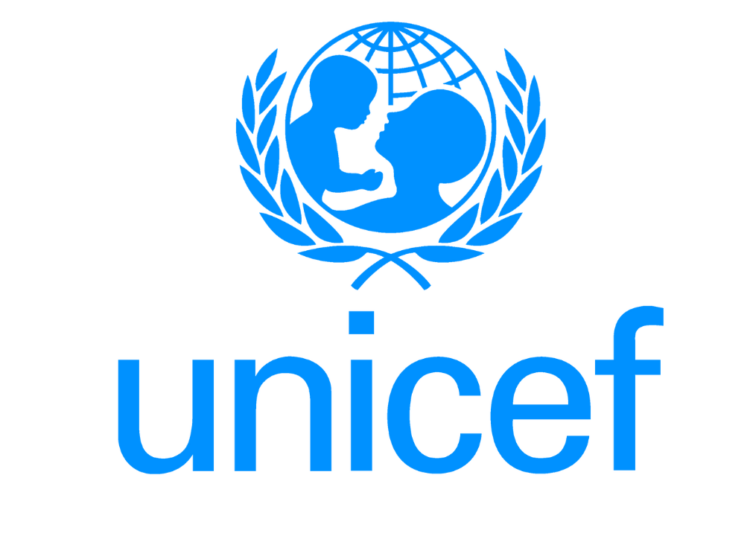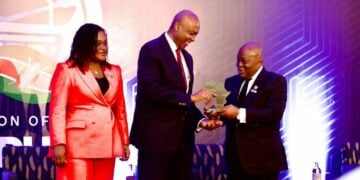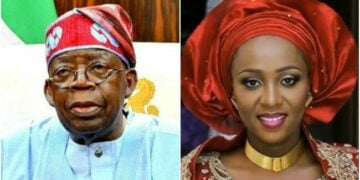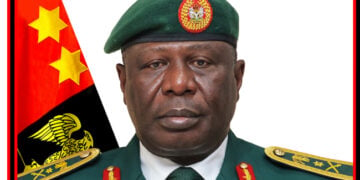UNICEF’s Chief of Education for Nigeria, Vanessa Lee, has commended the Kaduna State government for its efforts in transforming the education sector.
Lee, who was in Kaduna for a two-day International Education Summit, “KADAEduPact 2025”, stated this during a field visit to some selected schools to access UNICEF’s interventions in the state.
While at Government Junior Secondary School, Kakuri, a pilot for the Teaching at Right Level (TaRL), Alhuda Charity Islamiya School Kwaru, Badarawa (an integrated Quranic school) and LGEA Primary School Lokoja Road, Rigasa, she expressed her pleasure over government’s efforts.
She observed that the state’s education system has many good teachers who were enthusiastic and motivated, which she described as crucial for children’s learning.
The UNICEF education chief expressed excitement to hear about the state’s plans to scale up teaching programmes, including TaRL and early childhood programmes.
Lee however noted that infrastructure, textbooks and furniture were areas that require more attention.
She praised the state’s adoption of innovative models, such as the learning lab, which focuses on teachers’ professional development.
She also commended the use of radio for teaching basic literacy and numeracy in integrated Quranic schools.
The UNICEF chief highlighted the importance of a digitalised data system in helping the state’s education sector develop and make a difference for children.
She expressed hope for the future of education in Kaduna State, citing the state’s knowledge of the challenges it faces and its efforts to address them.
She emphasised the importance of teachers’ training and professional development, highlighting the Nigerian Learning Passport, an online learning platform that provides teacher modules and learning programmes for children.
“I am excited to hear about special classes for children who haven’t been to school, which aim to bring them back into the education system,” she said.
The UNICEF education chief suggested that every school in Kaduna could adopt the model, providing a one-year special programme for literacy and numeracy.
The acting executive chairman of Kaduna State Universal Basic Education Board (KADSUBEB), Mubarak Muhammad, discussed the integration of formal education into Islamiyah schools.
He highlighted the collaboration with UNICEF to ensure that children receive basic literacy and numeracy skills without leaving any child behind.
Muhammad said that KADSUBEB was working to bring basic literacy and numeracy to all children including those at Islamiyah schools.
He disclosed that he has made a presentation to the State Executive Council to embed TaRL into the education curriculum, emphasising that it is one of the programmes that would address learning poverty.
“Radio-recorded lessons are being used to teach children three times a week, complementing their Quranic education. TaRL, a remediation programme adopted by the Kaduna State government has shown tremendous progress in improving learning outcomes among kids.
“TaRL is currently being implemented in nine local governments, targeting primary 4 to Primary 6 learners, with plans to expand to junior secondary schools,”he said.
Phibi Audu, the principal of Government Junior Secondary School Kakuri, a pilot school for TaRL, said they began TaRL 8 weeks ago, where the teachers and students are all doing well.





